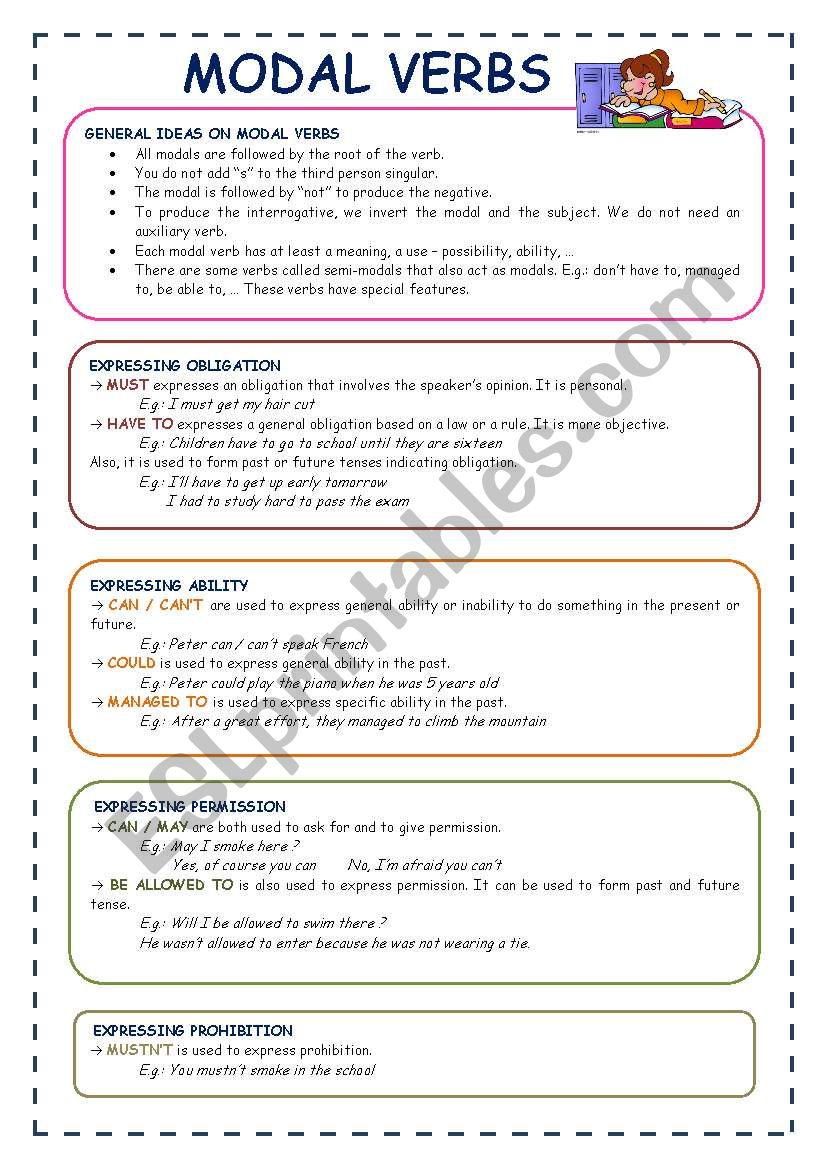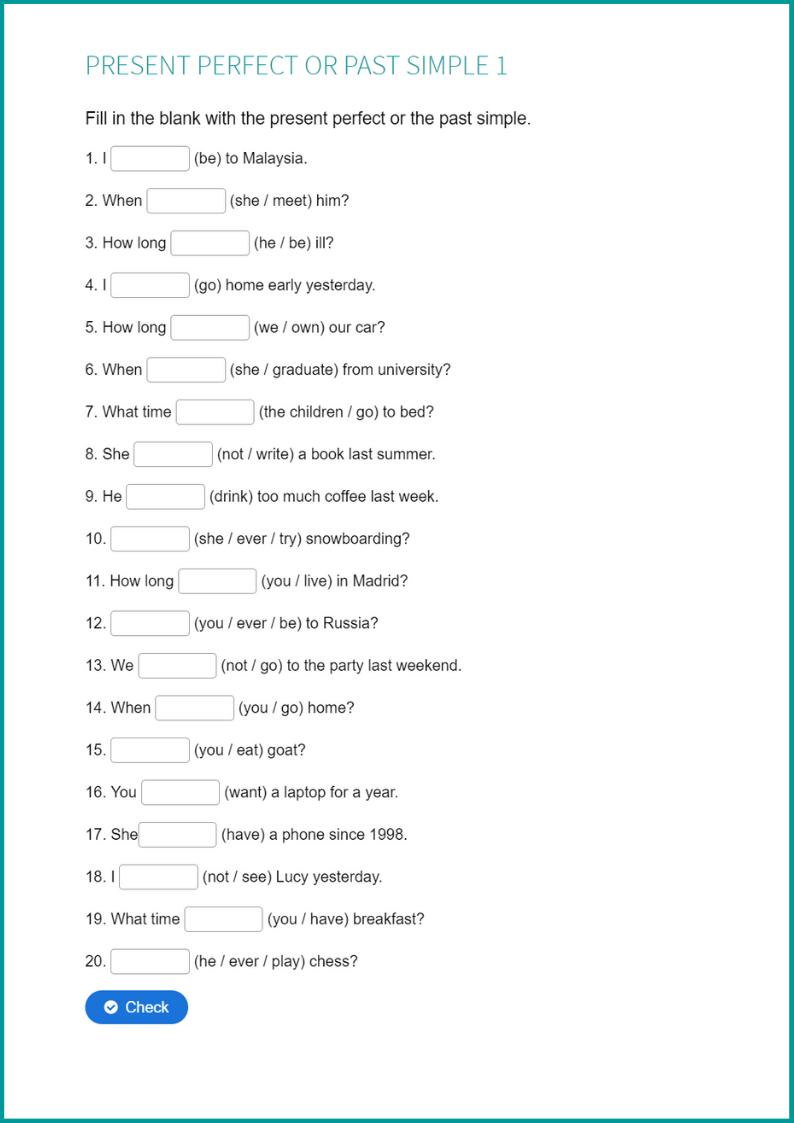
Present simple reporting verbs are listed at B1 in the English Grammar Profile. *We have removed ‘ can you‘ and ‘ can we‘ because they are all listed at A1. To find the other most common modal verb + pronoun subject + lexical verb patterns we can search in the iWeb corpus with the following query:

‘Can I get…?’ is one the most common modal yes/no questions.
finish the sentence with a question mark. add any other information IF needed for the verb OR to complete your meaning. follow it with the bare infinitive ( Do not use to). To form a yes/no question with a modal auxiliary verb, Here is an affirmative declarative sentence: They are equal in terms of possibility.Let’s start with A1 grammar to explain how to form modal verb questions when asking for something. When may and might are used for possibilities, is there any difference between them? Like may is a 50% possibility and might is a 70% possibility? Answer: No, there is no difference like this. Would you help me clean the house? (NOT: May you help me…). Could you please turn down the music? I’m trying to study. If you want to make such a request, you can ask “can you”, “could you” or “would you”. Note that we don’t use may to ask another person to take an action, so you cannot say “may you”. In British English, might can also be used to ask permission. The subject is usually first person singular or plural (I or we). May can be used in a question to ask permission. You may have a cookie after you finish your dinner. This could be in the context of an adult speaking to a child or an authority speaking in a formal context. Maybe I will take a vacation next month. It is usually used in the beginning of a sentence. Where is Amanda? I think she may have forgotten about the meeting.ĭo not confuse may be and maybe. 
The past form is may/might + have + past participle.
Might it rain later? (This form is not used in American English.). Might can be used in a question about possibility. When may is used in a question, it refers to permission. The contracted form (mightn’t) is not used in American English, but it is used in British English. The negative form of might is might not + base form. (You might find the word mayn’t in a dictionary, but it is not used.) We never use a contraction for this negative. The negative form of may is may not + base form. Modal verbs make questions by inverting the subject and the modal verb (may I)īoth may and might can be used to express possibility. Modal verbs are followed by the base form of another verb (may do, might be). 
Modal verbs do not take any endings like -s, -ed or -ing.Here are a few important rules for modal verbs: May and might are both common modal verbs.







 0 kommentar(er)
0 kommentar(er)
